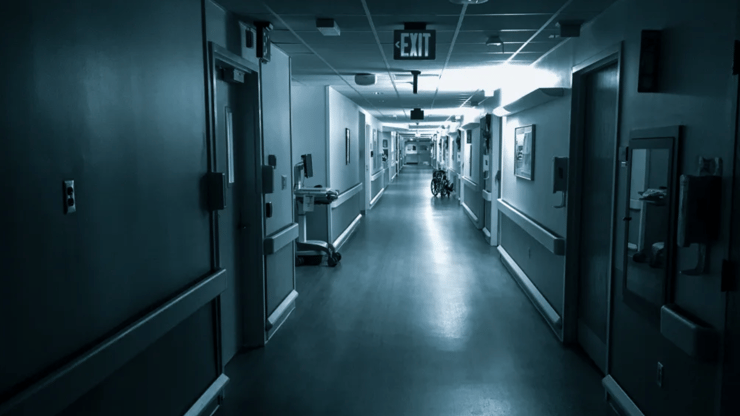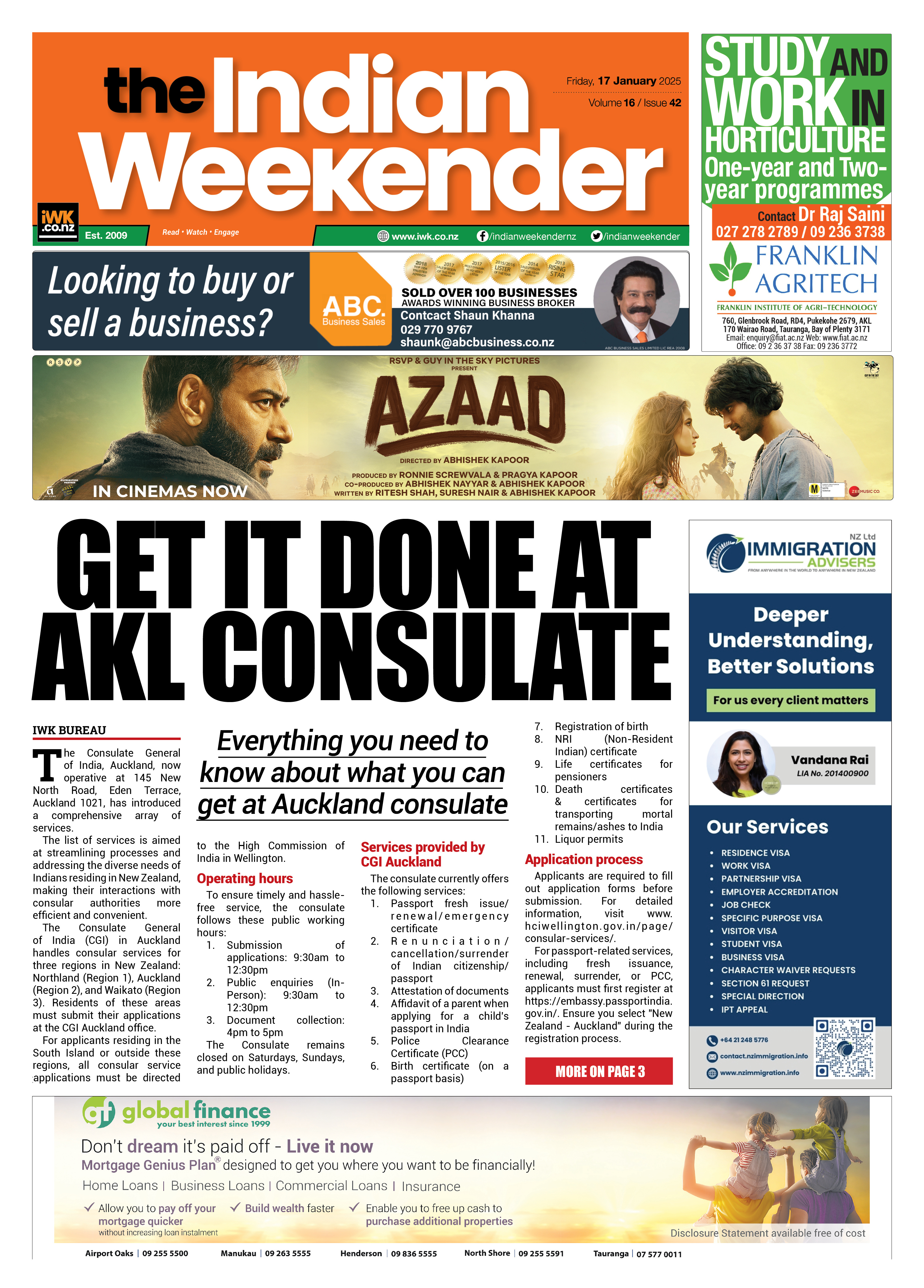Union Considers Stab-Proof Vests & Alarms Following Nurse Attack

A union is mulling whether stab-proof vests and personal alarms should be rolled out for nurses after one was stabbed while on the job.
The nurse was hospitalised on 28 December after being stabbed during an after-hours callout to the Rotorua suburb of Ngongotahā.
She was part of Te Whatu Ora Lakes' acute mental health response team.
The New Zealand Nurses Organisation - Tōpūtanga Tapuhi Kaitiaki o Aotearoa - is now conisdering whether to call for nurses to be issued with vests and alarms.
It and the Public Service Association are also calling for a full investigation by Te Whatu Ora and WorkSafe, and for the matter to be referred to the Health Quality Safety Commission.
Other mental health nurses were "so worried about their safety", the NZNO said.
Incidents like these had become more frequent in recent years, spokesperson Mitchell McLaughlan told RNZ.
"We are seeing escalating aggressive behaviours in the community. More members of our society are presenting as highly distressed due to their social and financial situations, increased drug use along with a swell in anti-social behaviours.
"We want to discuss whether extra security measures such as personal alarms or stab-proof vests should be worn from now on by nurses and kaiāwhina working in mental health."
McLaughlan said the nurse who had been stabbed was "extremely traumatised" and had quit her job of more than 20 years as a result of the incident.
"A personal alarm is very helpful because, in that particular situation, there were two people there, [and] it would have allowed the other person to quickly denote where the individual had got to.
"We are concerned that, due to the nature of the business, we are going to see more of these incidents in the future."
Speaking separately to Morning Report, McLaughlan added stabbings were "quite unheard of".
"What we are walking into now when we go on to do these assessments is more antisocial behaviors, increased drug use, which is resulting in more physical assaults.
"This is pushing, shoves, punches, spitting is one that's actually horrifically common.
"We're also seeing this element of more unpredictability coming from the people that we are assessing."
McLaughlan was also concerned about police's withdrawal from attending mental health events.
"Police Minister Mark Mitchell has come through and estimated that there'll be 7000 hours saved by police with this complete withdrawal. My question is, this is still 7000 hours of resources. Where is that coming from? …
"Mental services [are] already under extreme duress. We are struggling to recruit and hold our staffing."
He said there was now a "very high threshold" for police to attend an assessment.
"I have heard about the trials that were done down in Wellington for the co-response team, which was a health and police-led initiative - this is something I believe needs to be further looked into."
In August, then-Police Commissioner Andrew Coster announced the police would start the transition to no longer respond to every mental health-related call from 1 November.
Nurses had become increasingly vulnerable as a result, NZNO mental health nurses section chair Helen Garrick said.
In October, Mark Quinn from the Ambulance Association called for stab-proof vests for all workers.
However, PSA health national sector lead Sue McCullough said it was not something the union had heard from its members.
"It's concerning that we would get to that stage where people need that kind of protection, to be honest," she told RNZ.
"In mental health units, the staff tend to wear plain clothes, rather than being in anything that looks like a uniform, and that could also exacerbate issues.
"But, certainly, we want our members to be safe, and it is about preventing these things happening rather than having something to protect them when it does."
McCullough said incidents like these highlighted the consequences of the government's "relentless" cuts.
"These funding cuts, along with short staffing, will continue to endanger the entire health care system and all New Zealanders' health and wellbeing."
Officials respond
Minister of Health Dr Shane Reti said he had made it "very clear that violence against health workers is unacceptable and staff and patient safety is a priority".
He said union claims that "Health New Zealand's efforts to get back to budget are causing violence against health workers or impacting security in our hospitals are incorrect".
"There has been no reduction in the Budget for hospital security. In fact, Budget 2024 committed an additional $31 million over four years for increased security in eight high-priority EDs, surge capacity for busy periods and additional training for Health New Zealand's security team of more than 1000 frontline staff.
"I expect Health New Zealand to take appropriate action to keep our valued healthcare workers, patients and visitors safe in our hospitals and in communities."
Health NZ declined to be interviewed by Morning Report, but in a statement said "no level of violence or aggression towards our teams is acceptable".
Our staff come to work every day to care for those in need and their families, and we take their safety extremely seriously," Karla Bergquist, director - specialist mental health and addiction, said.
"This includes mental health nurses who care for patients in the community. They are incredibly valued by Health NZ and deserve a safe work environment."
Bergquist said Health NZ regularly reviewed its safety policies and procedures "to ensure they are fit for purpose".
"Following a serious incident, we will always undertake a review to understand what happened and to reduce the chances of a similar event occurring in future.
"Health NZ also engages and consults with unions regularly on our shared commitment to staff safety, including on safety matters and the different ways we can work together to reduce any harm to our people.
"We want to emphasise that Health NZ does not expect staff to put themselves in risky situations. We want to reassure our people that their safety is a priority, and we will continue to consider any measure that may contribute to ensuring this."




